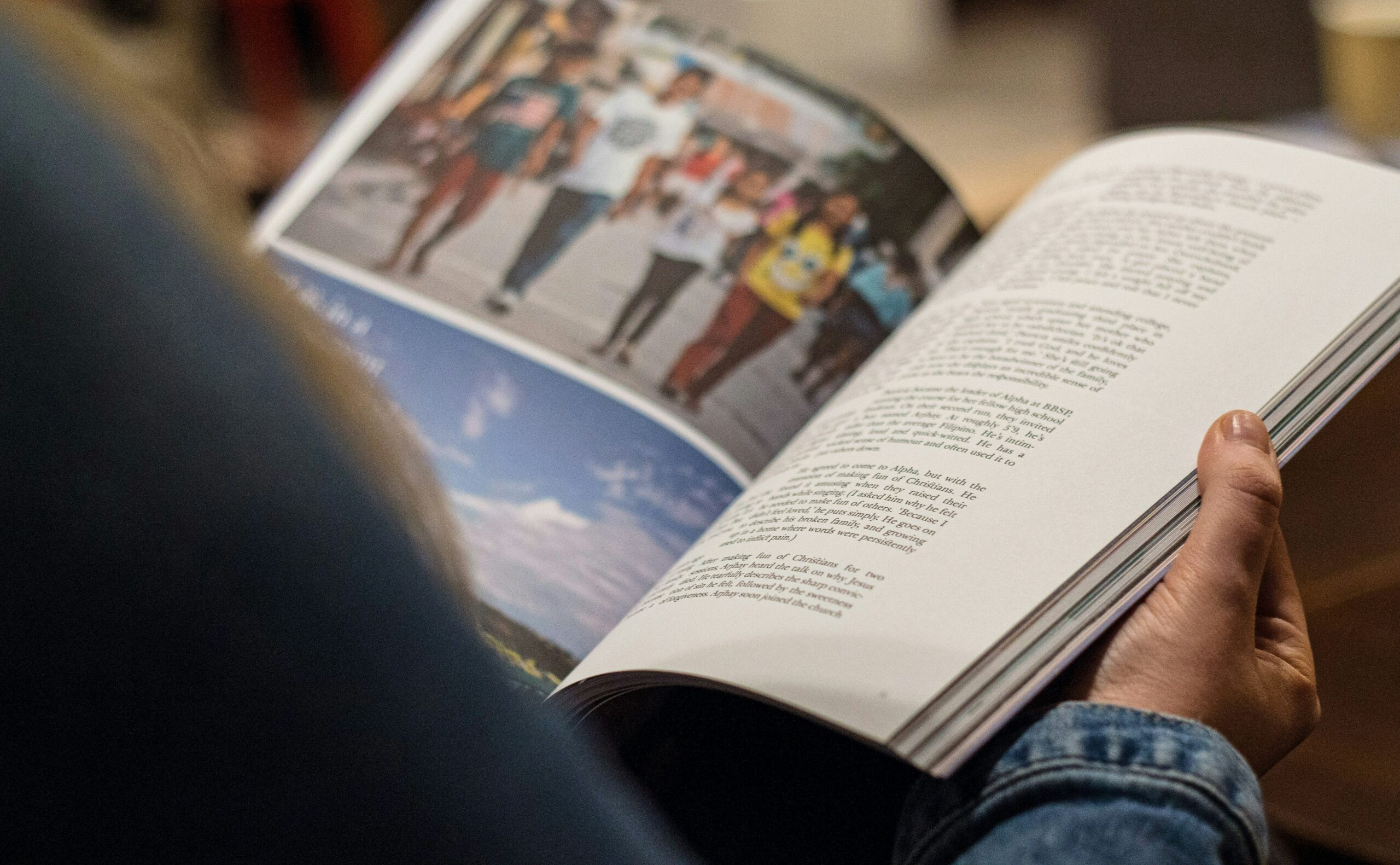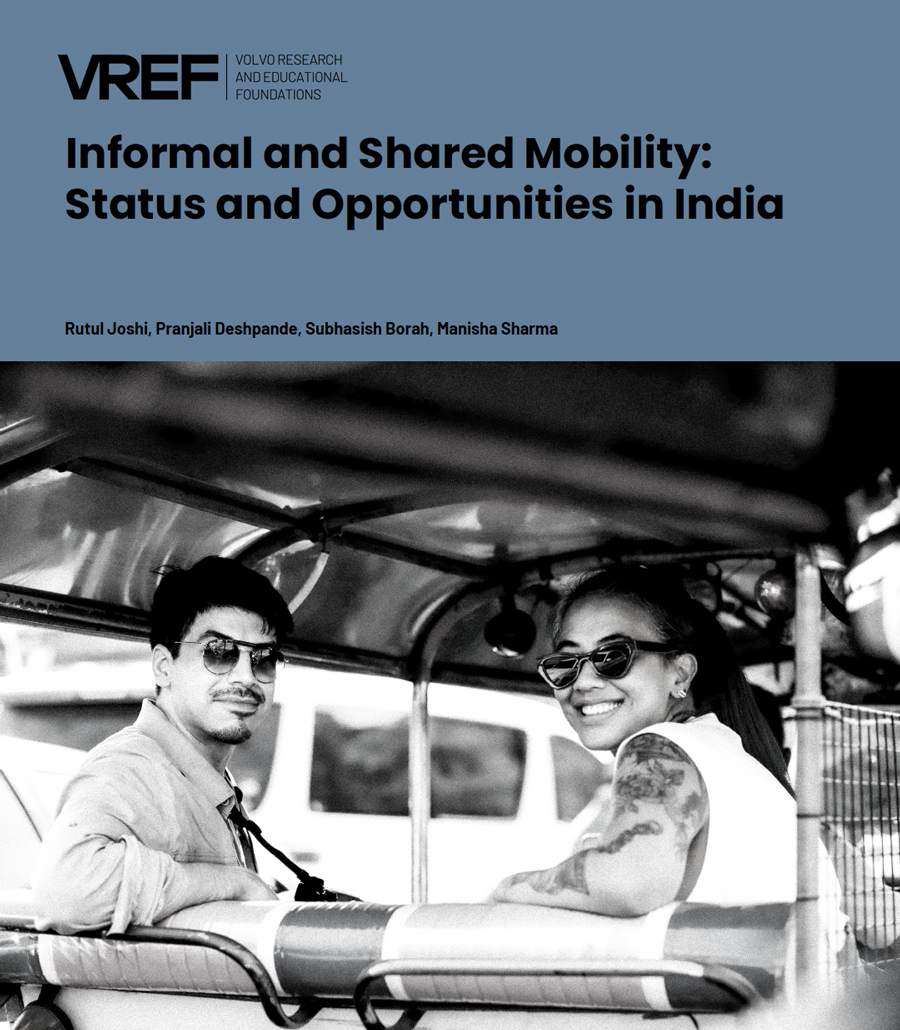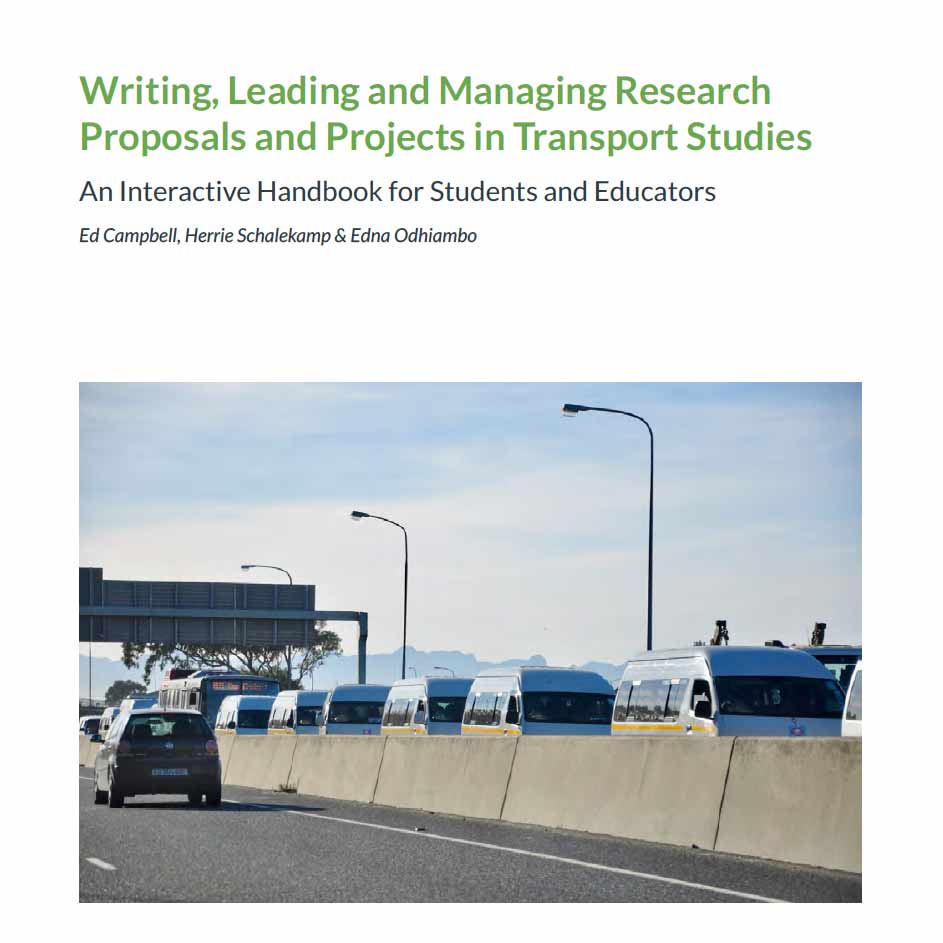
Informal and Shared Mobility: Status and Opportunities in India
The transport sector in India currently faces the epochal challenge of mitigating the high demand impacts while adapting to the low-carbon future. With this study VREF and the authors aim to provide a holistic understanding of the various informal and shared mobility modes and services in India with a primary objective of facilitating more efficient, evidence-based policy-making processes.
The study is concerned with shared mobility as a new mobility service emerging in addition to traditional services, drawing on Internet technologies to meet the demand with high efficiency: rideshare taxis, public bike sharing, bike renting, carpooling, car renting, and ride-hailing services (including minibuses) emerging in various Indian cities. The study views conventional informal mobility and the new shared mobility services as one sector contributing to paratransit services for a large population in Indian cities.
India’s informal and shared mobility sector is closely linked with informal livelihood, crucial for many households moving out of poverty. However, severe customer competition leads to road safety challenges, a lack of traffic discipline, and operational inefficiency. The vehicles often need to be better maintained, and the
selective crackdown by the authorities coupled with a lack of efficient regulatory mechanisms add to the ‘informality’ of these services. With the emerging shared mobility market, there is an opportunity to organize this sector with better legislative and regulatory support.
This study aims to provide the most recent overview of this sector to understand and appreciate the issues while building a case for better policy and regulatory support. The present study aims to address these issues by posing the following research questions:
- What is the status of informal and shared mobility services in Indian cities regarding the level
of service, regulatory frameworks, and emerging socio-economic trends? - What are the gaps in the existing research, and how can they be addressed in the future
research agenda for ISM services in India?
The study aims to provide state-of-the-art knowledge of informal and shared mobility in India, drawing on a review of academic and gray literature, dialogues with stakeholders, and data collection with quantitative and qualitative analysis.

Authors
Publication date
Language
Production
ISBN
More Publications

Writing, Leading and Managing Research Proposals and Projects in Transport Studies – An Interactive Handbook for Students and Educators

Bridging Generations for a Zero-Emission Future – Young Leaders’ Perspectives for Just Transformations to Sustainable Transport
